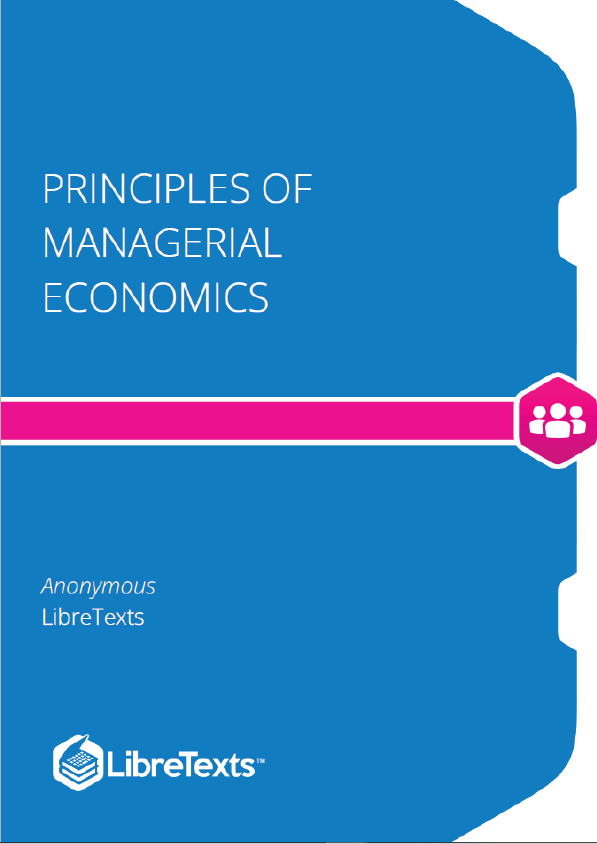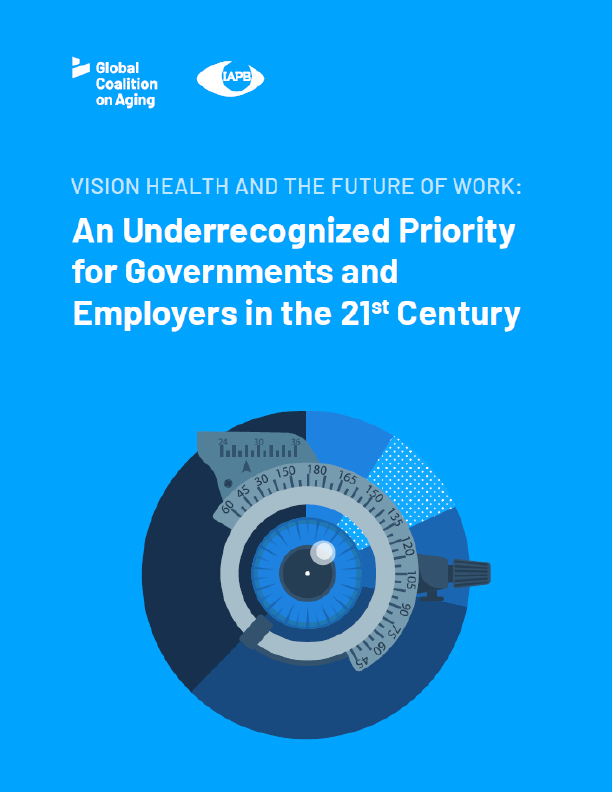Managerial Economics refers to the application of economic theory and the tools of decision science to examine how an organization can achieve its aims or objectives most efficiently. Managerial decision-making problems arise in an organization when they seek to achieve some objective subject to constraints. For example, a telecommunication company may try to provide its service to as many customers as possible at the lowest possible cost. A hotel may seek to rent its room to the maximum tourists with limitations on its physical resources and budget. A university may aim to provide education to as many students as possible subject to the physical and financial constraints it faces. Managerial Economics is a link between two disciplines, which are management and economics. The management discipline focuses on a number of principles that aid the decision-making process of organizations. On the other hand, economics is related to the optimum allocation of limited resources for attaining the set objectives of organizations.
In a civilized society, we rely on others in the society to produce and distribute nearly all the goods and services we need. However, the sources of those goods and services are usually not other individuals but organizations created for the explicit purpose of producing and distributing goods and services. Nearly every organization in our society—whether it is a business, nonprofit entity, or governmental unit—can be viewed as providing a set of goods, services, or both. The responsibility for overseeing and making decisions for these organizations is the role of executives and managers.
Most readers will readily acknowledge that the subject matter of economics applies to their organizations and to their roles as managers. However, some readers may question whether their own understanding of economics is essential, just as they may recognize that physical sciences like chemistry and physics are at work in their lives but have determined they can function successfully without a deep understanding of those subjects.
Whether or not the readers are skeptical about the need to study and understand economics per se, most will recognize the value of studying applied business disciplines like marketing, production/operations management, finance, and business strategy. These subjects form the core of the curriculum for most academic business and management programs, and most managers can readily describe their role in their organization in terms of one or more of these applied subjects. A careful examination of the literature for any of these subjects will reveal that economics provides key terminology and a theoretical foundation. Although we can apply techniques from marketing, production/operations management, and finance without understanding the underlying economics, anyone who wants to understand the why and how behind the technique needs to appreciate the economic rationale for the technique.
We live in a world with scarce resources, which is why economics is a practical science. We cannot have everything we want. Further, others want the same scarce resources we want. Organizations that provide goods and services will survive and thrive only if they meet the needs for which they were created and do so effectively. Since the organization’s customers also have limited resources, they will not allocate their scarce resources to acquire something of little or no value. And even if the goods or services are of value, when another organization can meet the same need with a more favorable exchange for the customer, the customer will shift to the other supplier. Put another way, the organization must create value for their customers, which is the difference between what they acquire and what they produce. The thesis of this book is that those managers who understand economics have a competitive advantage in creating value.








